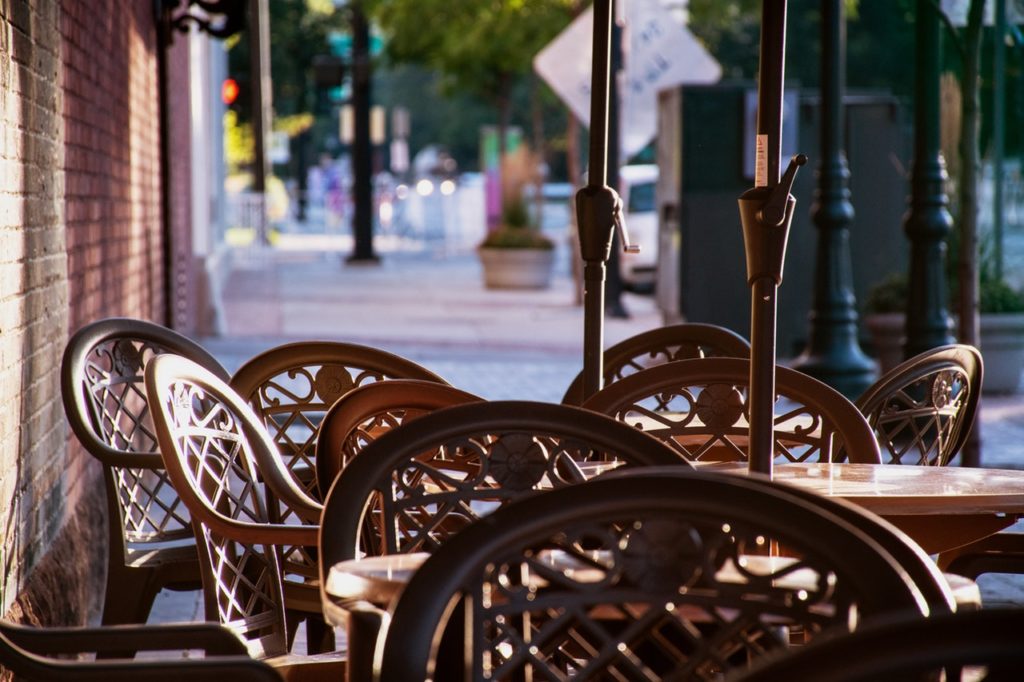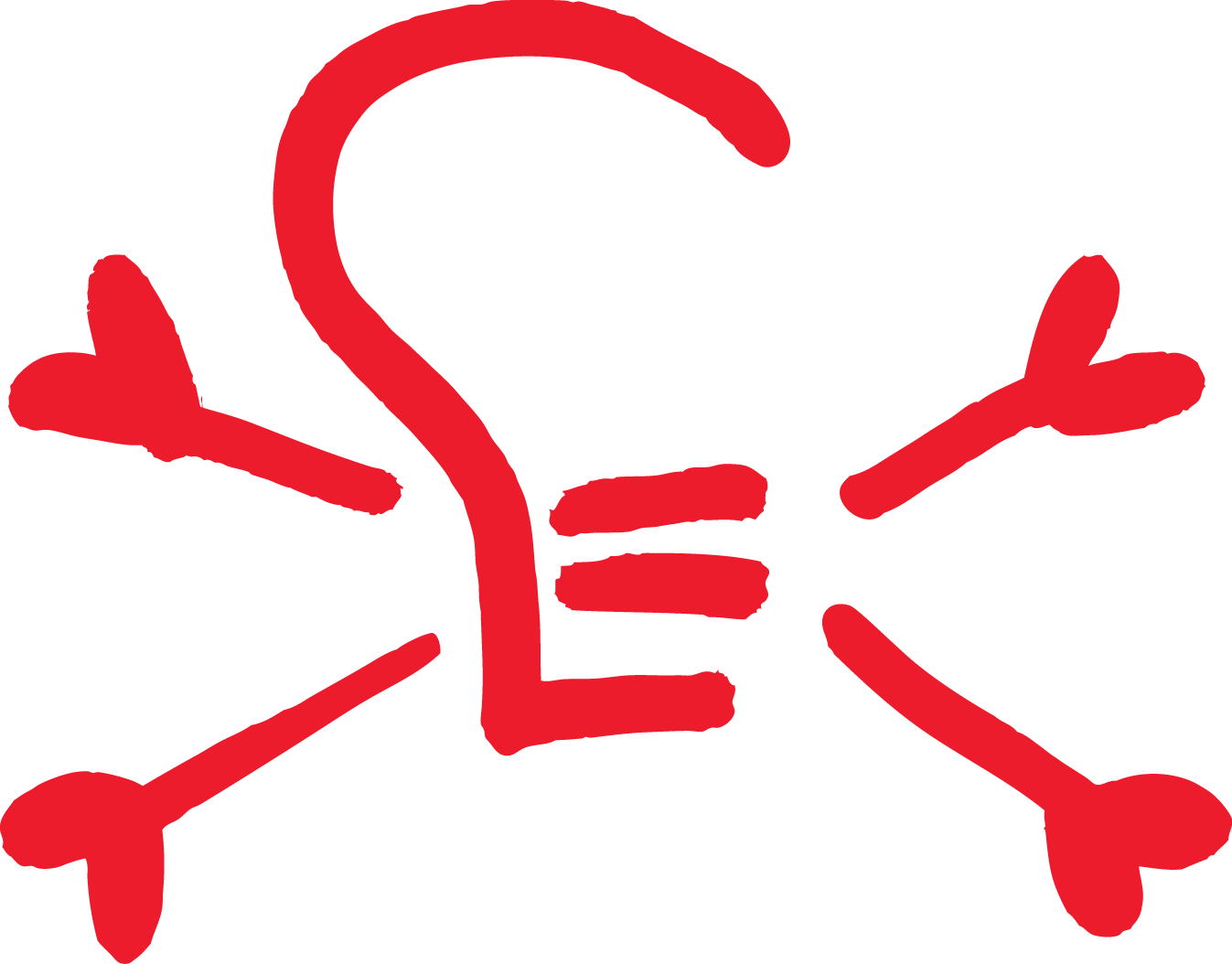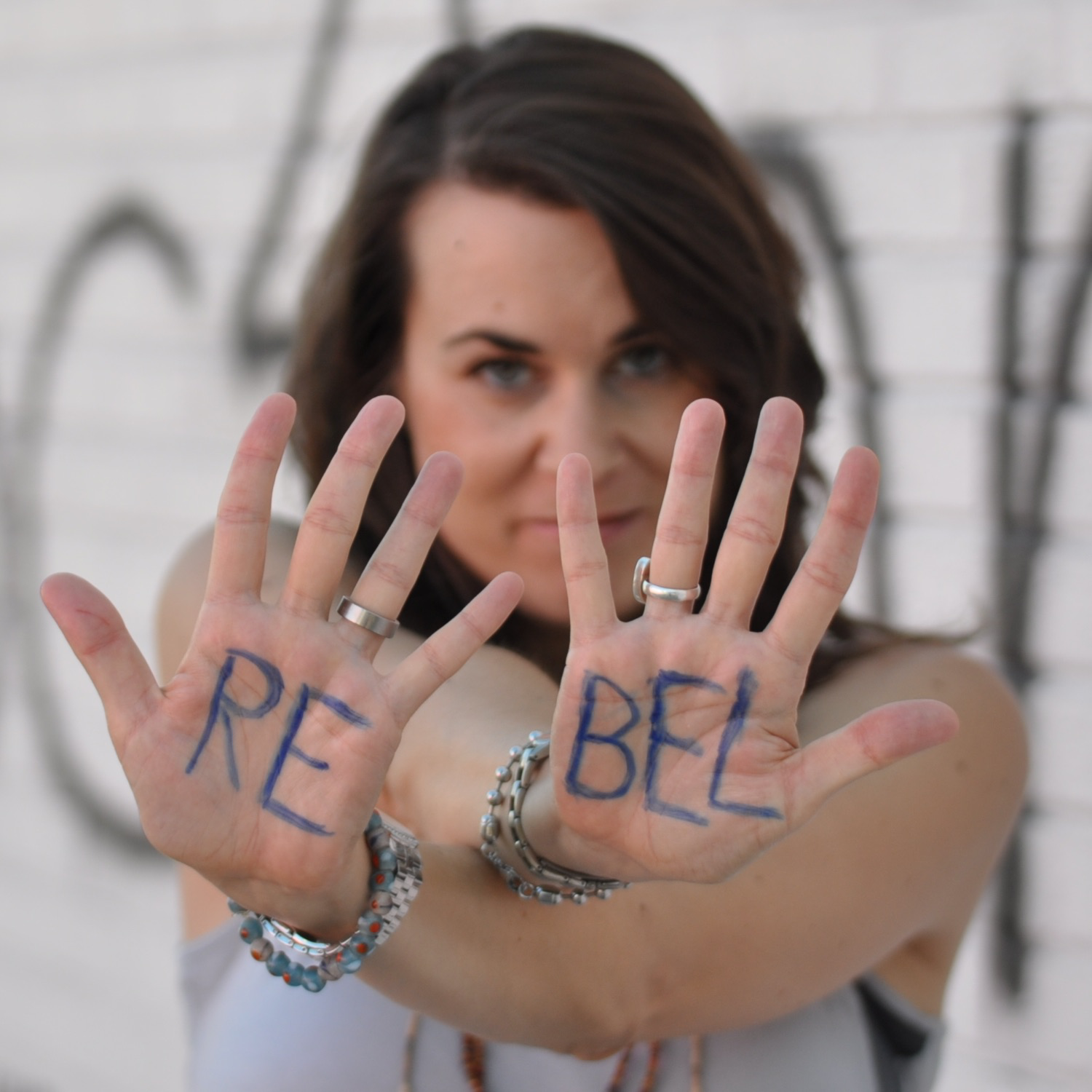Businesses and brands are part of our social fabric. It might sound odd but I do believe that businesses do not just exist for economic reasons. Every business, whether it’s a small convenience store at the corner or a multinational corporation, provides us with a service or product that we seek out. Whether it is an essential service like a grocery store where we buy the food that feeds us or whether it is a value-added service like a yoga studio, a movie theater or life coaching.
The Coronavirus crisis is disrupting the foundation of the lifestyle we have become accustomed to, and as a global collective, we now come face-to-face with what it’s like when our society’s daily life comes to a screeching halt.

In Germany, where I currently live, most of our public life has been put on hold with schools, daycares, universities, bars, and entertainment as well as all non-essential shops being closed. While people are asked to stay at home to help flatten the curve and prevent the further spread of COVID-19, we now have time to reflect on our personal life but also on how we, as a modern society, have agency and can tackle a global issue like this pandemic together.
Capitalism Meets Coronavirus
Now, more than ever, it becomes clear that our individual actions have consequences on our collective life and culture, locally and globally. And because we live in a capitalist system where the health of our economy and our personal wellbeing are interdependent, how businesses and brands respond to the current crisis will also affect our physical, emotional and spiritual response to this emergency.
When brands recognize the role they play in society and use their brand power to act responsibly by adopting a leadership role, they can set the tone for others to be inspired and encouraged to do the right thing.
This is the moment when brands and business owners can amplify their purpose and become stewards of a derailed society by embracing a progressive, forward-thinking approach.
This is not to say, individuals, public institutions, activists, non-profits, and politicians don’t play a vital role in the way that we respond to this crisis. I argue that only if we invite all voices in our society to the table to address our response to the Coronavirus emergency, we will have a chance to use this time as an opportunity to shift from a system that mostly benefits the 1% to a system that benefits all humans and the planet. Now is the time to take radical action towards a better future.
As Naomi Klein states on The Intercept, “If there is one thing history teaches us, it’s that moments of shock are extremely volatile. We either lose a whole lot of ground, get fleeced by elites, and pay the price for decades, or we win progressive victories that seemed impossible just a few weeks earlier. […] The future will be determined by whoever is willing to fight harder for the ideas they have lying around.”
I don’t have all the answers. What I like to express here is for us to take this time and really pause to reflect on our actions and decide which role we want to play going forward to come out of this crisis with a renewed sense of kindness and love for all beings and our planet.
Businesses Responding With Kindness
In the world of brands and businesses, this can take on many forms. In this time of crisis, many brands show that there is a possibility to respond with kindness. And my hope is that this current reaction can become a beacon for a reinvented capitalist system in which people and natural life come first – and money second.
Below are brands that show humanity and offer help in this pandemic.
These are businesses that I have come across in my news feed, on social media, and in newsletters that I receive. If you have other examples of brands doing the right thing, please share them with the world so that we can spread positive news and inspire other business leaders and brand managers to follow these examples.
Stay safe & stay positive!
The video recording and sharing service Loom have made Loom Pro free for teachers and students at K-12 schools, universities, and educational institutions. They have also removed the recording limit on free plans and have cut the price for Loom Pro in half to help businesses and brands across the board.
Many distilleries across North America that normally make gin, bourbon, and vodka have switched to making hand sanitizer in their facilities to combat an acute shortage. Distilleries often cannot use the first batch of alcohol they produce but it works perfectly for sanitizing.
Similarly, perfume factories are used to produce much-needed hand sanitizer. The fashion conglomerate LVMH, who owns Dior, Guerlain and Louis Vuitton among others, is among the businesses that is producing hand sanitizer in France. The gel will be distributed to French health services and hospitals for free.
The meditation and mindfulness app, Headspace, is offering free content to help people manage stress and anxiety. The collection, called “Weathering The Storm,” is free for everyone. “It includes meditations, sleep, and movement exercises to help you out, however you’re feeling,” Headspace writes. “It’s our small way of helping you find some space and kindness for yourself and those around you.”
According to a Forbes report, several retail chains, including Patagonia, Apple, Warby Parker and Urban Outfitters, have closed their stores while continuing to pay their employees.
Chef José Andrés has closed all of his DC-area and New York restaurants and transformed some into community kitchens that “offer affordable or free to-go lunches for those in need a part of a nationwide effort from his emergency-relief organization, World Central Kitchen.”
During the temporary closure of the Disneyland and Disney World parks due to Coronavirus, Disney will be donating excess food inventory to Second Harvest Food Bank of Orange County and Central Florida. Disney has an ongoing commitment to reducing food waste, and unserved food from select locations is regularly donated to support those in need within the local community.
MasterCard has donated to the Bill & Melinda Gates Foundation’s vaccine effort. The Mastercard Impact Fund has committed up to $25 million to help “speed-up the response to the COVID-19 epidemic by identifying, assessing, developing, and scaling-up treatments.”
Guinness Ireland has announced they are “pledging €1.5 million to support Irish bar staff and our elderly citizens.” According to the Irish Post, as many as 140,000 bar staff have already lost their jobs due to business closures to stop the spread of the virus.
Independent, radical publisher Verso is giving away 5 free ebooks, looking at what might be possible in the fractured wake of this global crisis. And for two weeks, Verso offers 80% off all their ebooks, and 40% off all their print books.
Starbucks has extended its mental health benefits. In partnership with Lyra Health, Starbucks is offering U.S. employees and their eligible family members personalized mental health care. They will get free therapy—up to 20 in-person or video sessions a year—with a mental health therapist or coach through Lyra Health’s platform.
Delta’s CEO is forgoing his salary for the year to try and reduce layoffs. And many companies in the US are stepping up to do what they can to flatten the curve, from enabling employees to work from home to implementing paid sick leave for the first time.
Comcast, Charter, Verizon, Google, T-Mobile, and Sprint have signed an FCC pledge to keep Americans internet-connected for the next 60 days, even if people cannot afford to pay.
Sweetgreen announced it will start dedicating Outpost operations and teams to support “those on the front lines” – meaning hospital workers and medical personnel – by delivering free salads and bowls to hospitals in the cities it serves. Those cities include Washington, DC, Philadelphia, Boston, New York City, San Francisco, Los Angeles, Chicago, and Houston.
And for all families who are forced to get creative with home-based learning options, here is a public list of free online learning services suitable for school-aged children.

